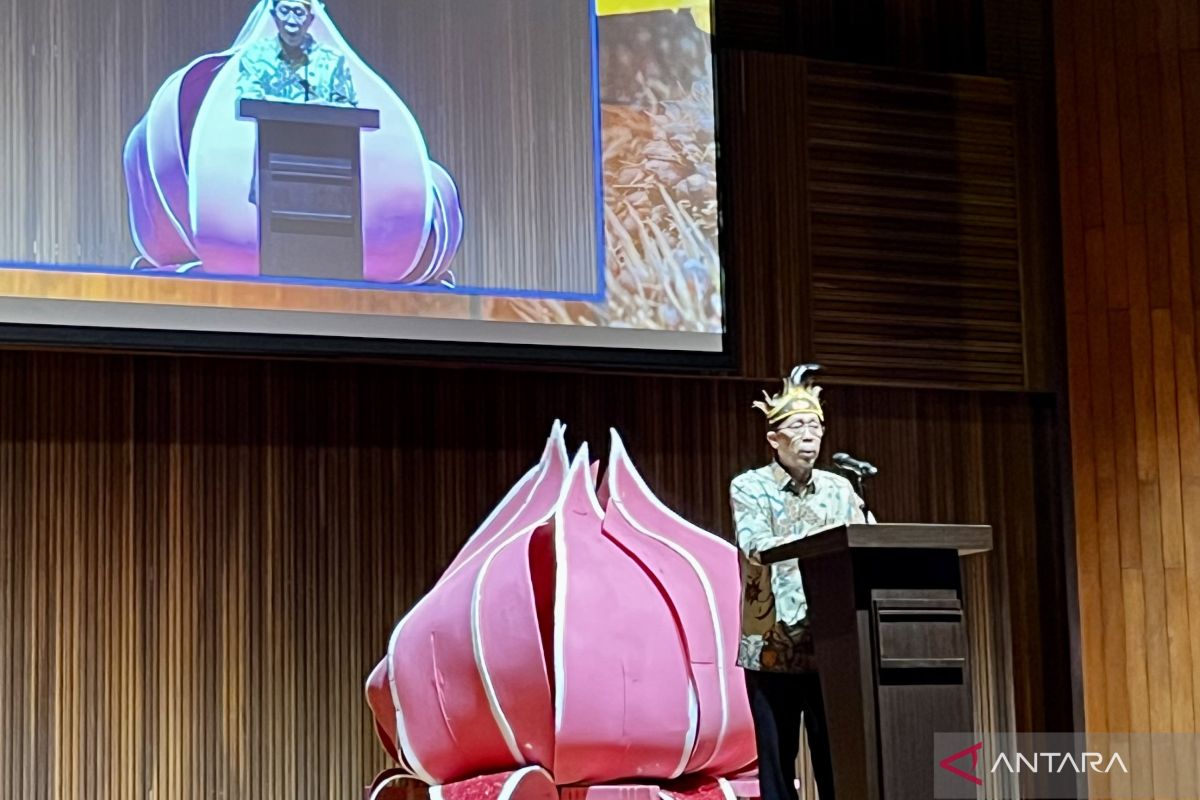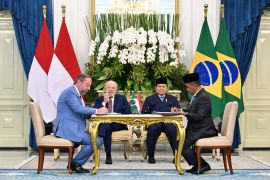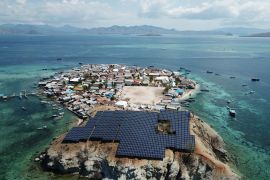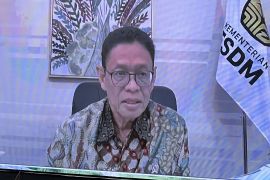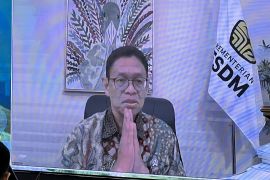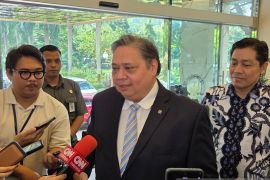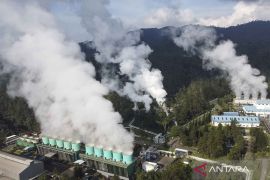Speaking at a musical performance and dialogue titled “From Waste to Worth: Achieving Circular Economy through Waste-based Biomethane” here on Wednesday, Harris said that bioenergy contributes 7.45 percent to the renewable energy mix.
The renewable energy mix includes both power generation and non-power sectors, derived from biofuels, biomass, and biogas.
“This figure confirms that bioenergy is a crucial pillar in strengthening the national energy mix by utilizing domestic resources,” Harris noted.
He highlighted the vast potential of biomass from agricultural waste, industrial residue, and livestock manure, which can further expand the use of clean energy across Indonesia.
One concrete form of bioenergy development, he explained, is the conversion of biogas into biomethane - now an essential component of the circular economy approach in the energy sector.
Biomethane not only diversifies energy sources but also supports productive waste management, reduces methane emissions, and creates green economic opportunities at the local level, he added.
“Thus, biomethane offers a dual solution by providing clean energy while driving sustainable regional economic development,” Harris said.
He emphasized that Indonesia remains committed to ensuring that the energy transition is not merely a technical agenda, but also an economic transformation that requires synergy among all stakeholders.
“Through progressive policies, investment incentives, and international collaboration, Indonesia is moving toward a cleaner and more self-reliant energy future that can bring prosperity to all its people,” he remarked.
Harris added that a strong spirit of collaboration remains the foundation for advancing innovation and partnerships in the fields of bioenergy and biomethane.
Related news: RI affirms its commitment to downstreaming, clean energy transition
Related news: Indonesia seeks stronger bioenergy partnership with Brazil
Translator: Arnidhya, Kenzu
Editor: Primayanti
Copyright © ANTARA 2025
